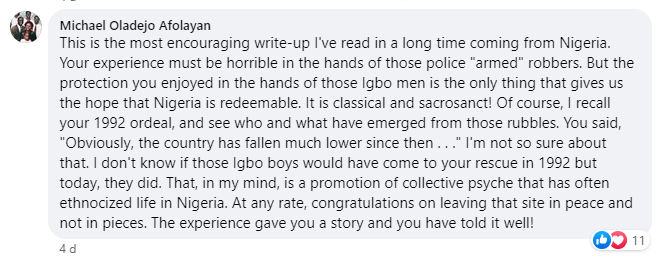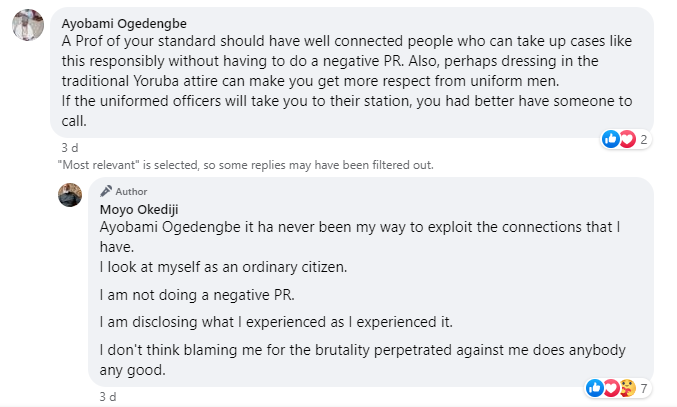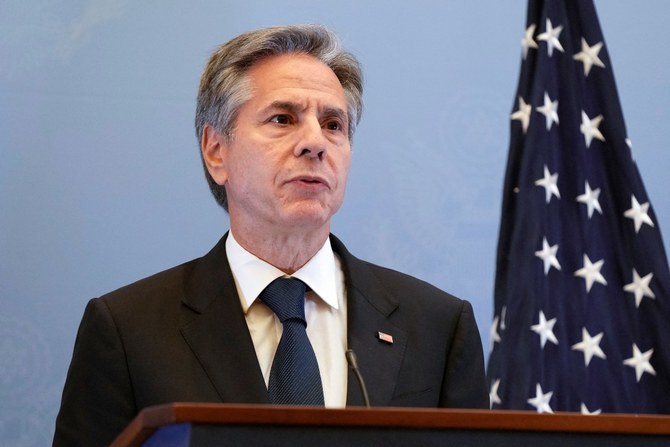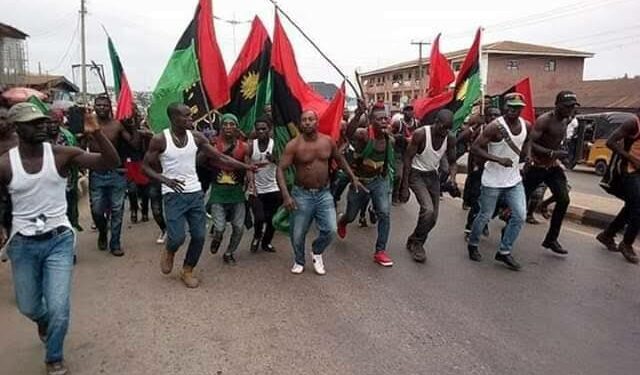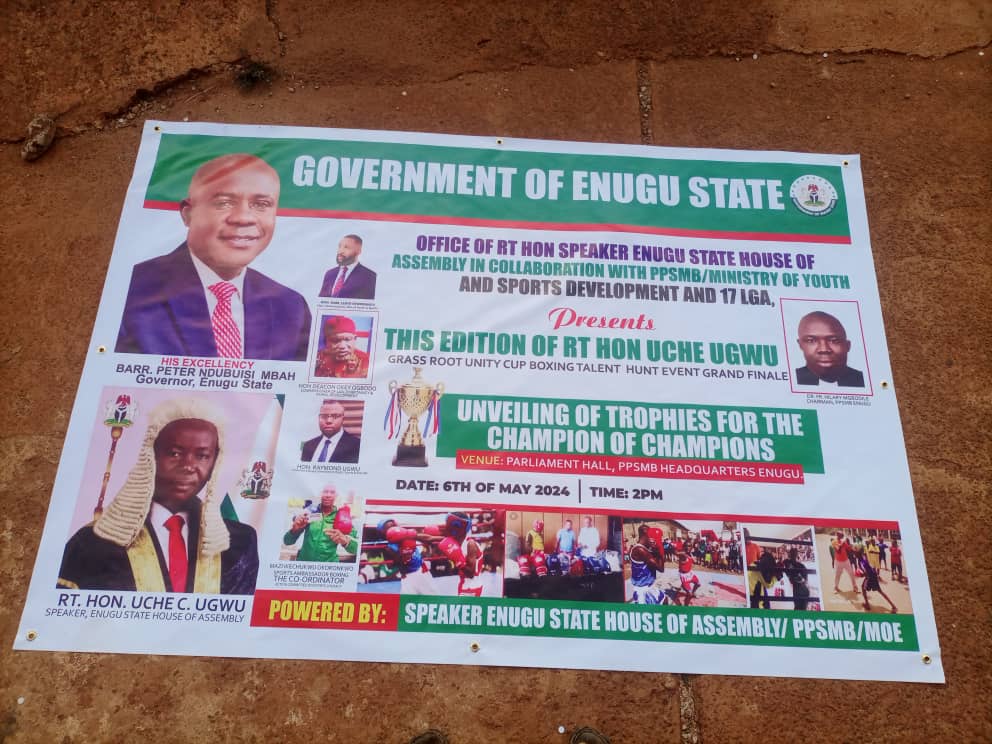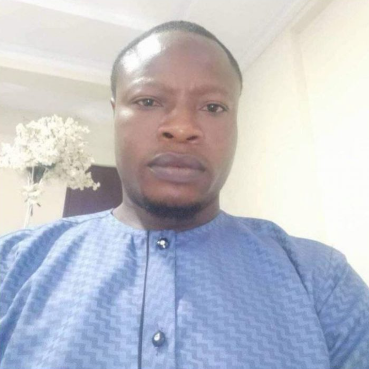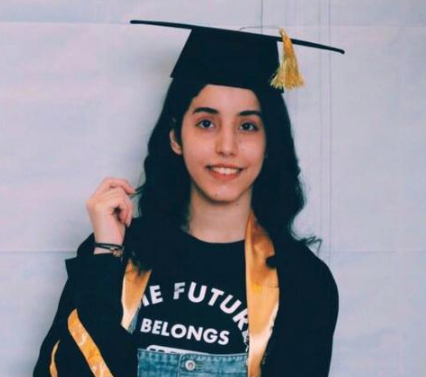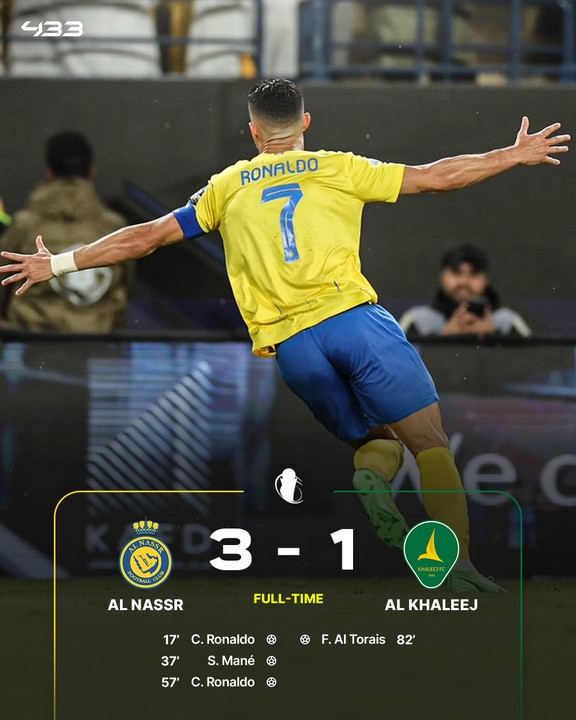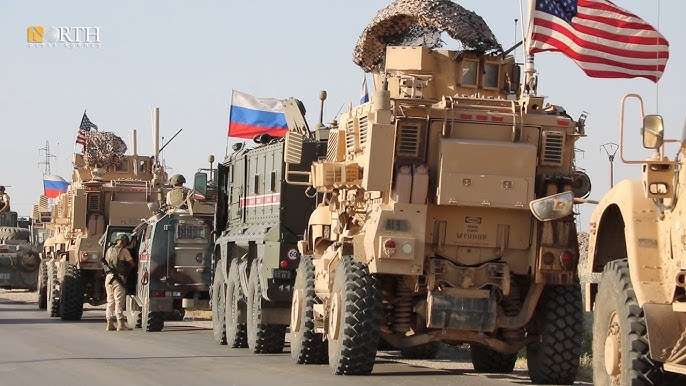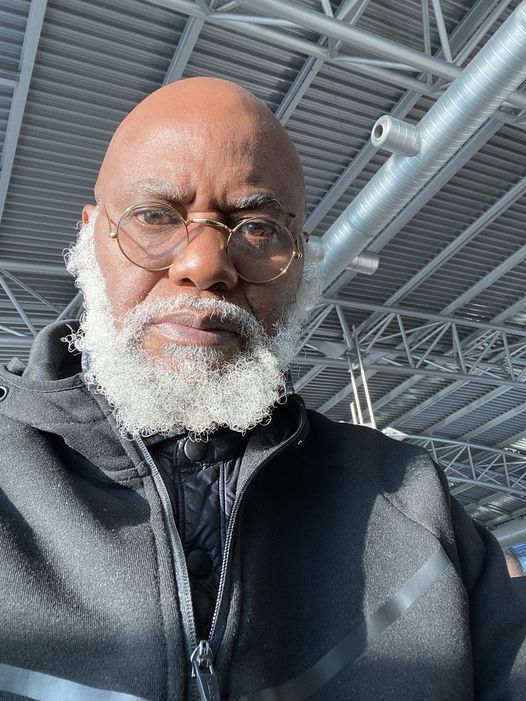
Without The Intervention Of Young Igbo Men, I Would Be A Dead Man – Moyo Okediji
US-based don recounts ordeal at hands of Nigerian immigration, police officers on Facebook, which made him cut short his visit and went back to Ghana
IGBO KWENU!!!!
Without the intervention of a crowd of young Igbo men who saved me from the claws of the Nigeria Police attached to the FESTAC Mile Two station, I would be a dead man today.
I arrived Lagos today.
I came in through Ghana, and decided to enter Nigeria by road so I could see the lagoon landscape, riding a Jeep that I hired to drive me down.
Everything went well in Ghana, Togo, Benin Republic, until I stepped into Nigeria.
Na dia trouble start oooooo!
The first immigration checkpoint that we encountered was at the Seme border, on the Nigeria side.
One of immigration officers took a look at me, and said, “Come down, oga.”
To cut a long story short, they robbed me of $500.
There were many of them, and they “invited” me–more like dragged me–to their shed.
They took my hand luggage, with all the money that I brought from the US.
Their excuse was that they wanted to search it to see if it contained contraband.
They asked for my Nigeria passport. I told them it had expired and I was in Nigeria to renew it.
They said it was an offense for me to enter the country with an expired passport.
I apologized. But they wanted none of that.
They said I had to “settle” them. They had my wallet containing the money I brought to spend in Nigeria.
They saw two twenty-dollar notes and said I needed to give them these notes, otherwise they would seize all the money in the wallet, and take me to their office to make a statement.
I had heard stories of visitors to the country ending up dead when the police invited them to their offices to clear some issues.
So I eagerly gave them the forty dollars.
They gave me back my things.
But when I counted my money later, $500 was missing.
Then the Jeep driver drove me to the FESTAC Mile Two motor park, where another driver I hired to take me to Ile Ife was waiting.
My two suitcases were on the floor at the Mile Two FESTAC car park, in public, right under the large gate to FESTAC.
I was narrating my ordeal in the hands of the immigration to my driver, when three gun totting police officer appeared.
They carried some deadly-looking AK 47.
They wanted to see the content of my bags.
As they searched the bags, they came upon the money I brought from the US.
I introduced myself to them as a professor at the University of Texas, Austin.
They asked for identifications. I gave them my driving license, the university issued ID card, my US passport and my Nigeria passport.
They took them from me.
By that time, about ten police officers had descended upon me.
Also listening were some Igbo guys hanging out at the motor park.
Before you could say “Ki lo de?” the police officers searched me thoroughly.
Then they started searching my bag.
They found that my suitcases contained my personal effects.
They were interested in a pair of shorts which they said looked like camouflage shorts.
They pulled out the shorts.
Then there was a sculpture that I made, which they said was juju,
They decided to seize my suitcases, hand luggage, ID cards and all of my money.
They said I had to follow them to the police station.
At this point, a sizable crowd of some fifty people had gathered.
One of them, with an obvious Igbo accent, said, “You can see he is a professor from abroad. He has given you several ID cards, including his passports. Wetin you dey find again?”
It was like a signal to the others, who began shouting, “You wan kill am? You people are thieves o! Highway robbers! It can never happen! Una don see money, una eyes don open…! Before you can take him, just kill all of us!”
They formed a tight buffer zone between the police officers and me.
Two of them jumped into the police vehicle and dragged out my bags from the vehicle. They accosted the one who held the wallet containing my ID card and my money, shouting, “You better give him back his wallet and money now, odawise wahala will burst.”
Another said, “We will not let you take him to the police station to kill him like you always kill international visitors.”
In a matter of moments, about a hundred Igbo boys emerged from thin air and surrounded us.
The police officers saw they were clearly outnumbered by these Igbo motor park boys.
They threatened to shoot.
These Igbo boys stood their ground, daring the police officers to kill them.
“Oya now,” they said, “Sebi you get AK 47. Kill us now, and then you can take him. But you are not taking him if we are still alive.”
Though some of the police officers appeared to cock their rifles, the Igbo guys only squeezed tighter around me.
The police officers slapped some of the Igbo guys near them, but their ring of protection around me did not break, it only got tighter, as the guys were yelling and daring the officers to kill them.
I was scared.
The police officers realized that the situation was clearly beyond what they envisaged.
They had imagined I was alone and nobody would rise tio my defense.
The police officer who held my wallet, passports and ID cards quickly handed them back to me, looking nervous.
The Igbo boys, chanting, carried my suitcases on their heads, sometimes lifting the boxes up above their heads like highly coveted trophies. The boys, seemingly closed in on the police officers, ready to attack them for my protection.
The police officers jumped inside their vehicles, and drove off to save face, their tails curled behind their brokos.
I recalled the traumatic moment I left the country in 1992, and swore “If you see me in this god-forsaken country again, cut off my neck.”
Obviously, the country has fallen much lower since then, and is now a danger zone in which men in uniforms of all descriptions—immigration, customs, police, vehicle inspection officers and others wearing uniforms difficult to identify or define—they have all taken over the country and made it difficult for citizens to enjoy, or even just subsist in their own country.
Moyo Okediji is an art historian, painter and artist whose works contains a number of icons and signifiers of the deep aspects of Yoruba culture. He is currently an academic staff of the University of Texas, Austin.

